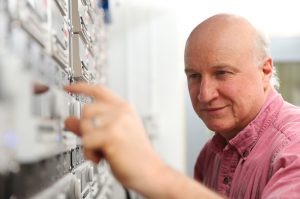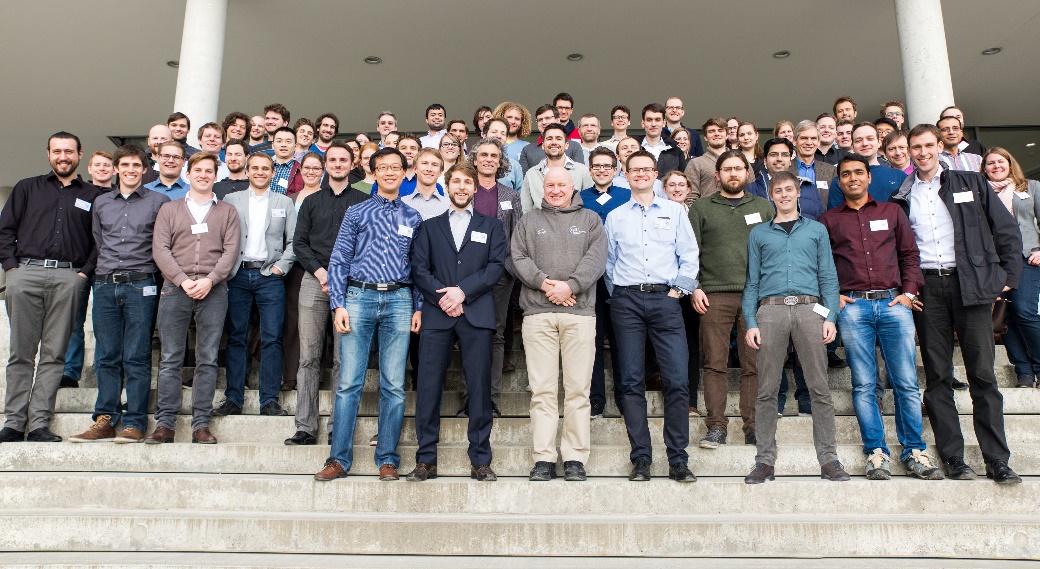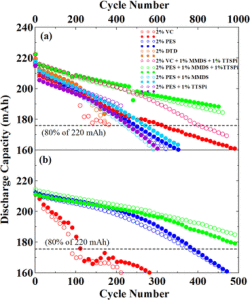 New, low-cost batteries designed to last for a million miles of use in electric vehicles? Tesla Chief Executive Elon Musk says the public can expect just that from the Model 3 sedan, expected to debut in China late this year or early next.
New, low-cost batteries designed to last for a million miles of use in electric vehicles? Tesla Chief Executive Elon Musk says the public can expect just that from the Model 3 sedan, expected to debut in China late this year or early next.
According to Reuters, the new “million mile” battery—which relies on low-cobalt and cobalt-free battery chemistries, among others—was jointly developed with China’s Contemporary Amperex Technology Ltd (CATL). Reuter’s sources say CATL plan on supplying Tesla with an improved long-life nickel-manganese-cobalt (NMC) battery whose cathode is 50% nickel and only 20% cobalt sometime next year. (more…)




